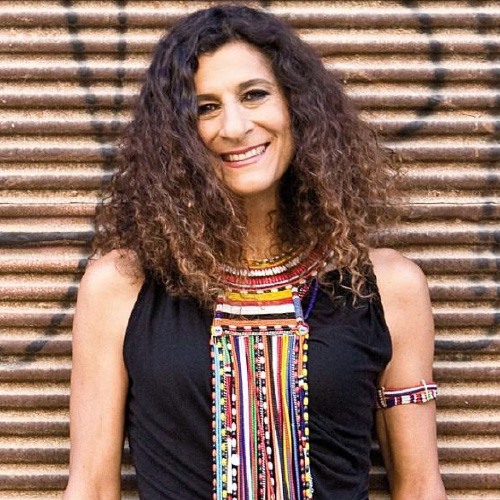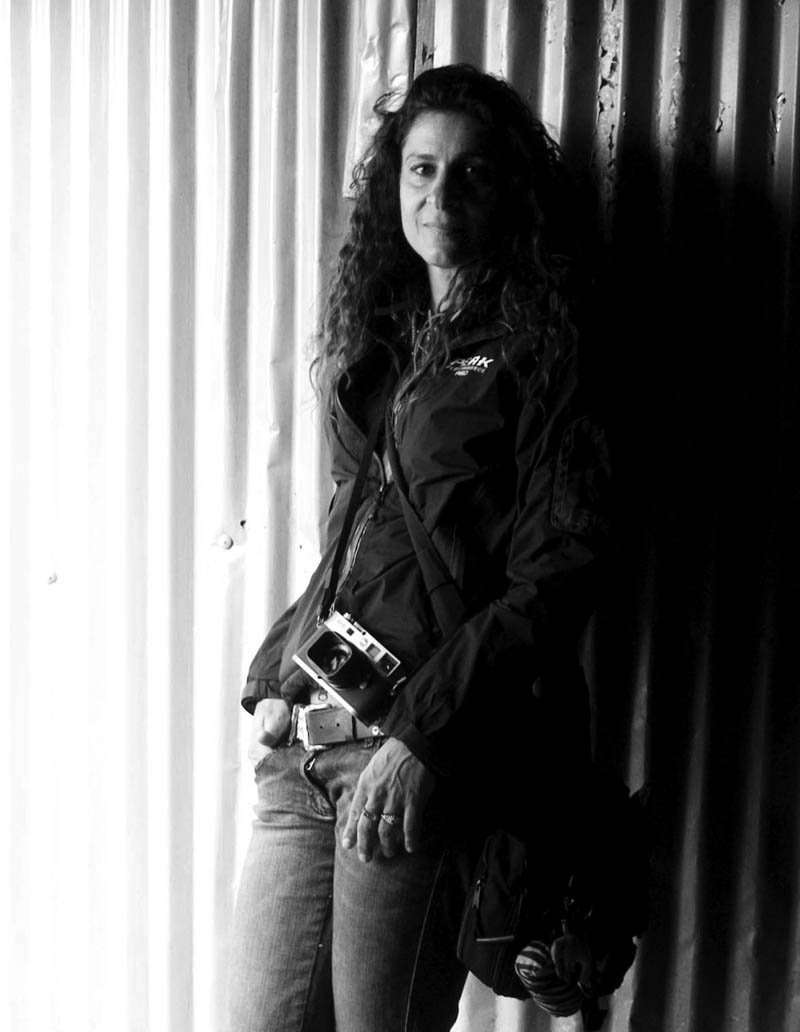When Ms. Shacola started her English School journey as a year 1 student in 1975, both Cyprus and the school were quite different from what we see today. She claims that the educational standards of the school have shifted significantly by exclaiming “academically you are now flying, it’s amazing”. However, as the standards rise, she points out, the competition and subsequent pressure on the students grows in a parallel fashion.
She expands that this pressure leads to individuals mechanically taking up tasks which they do not truly have a passion for; “It’s done with less emotion and heart”, she says. As students we may think it’s easy to pick up an extra club ‘for the CV’ but Ms. Shacola honestly states “I can tell when something is not done from the heart… and this saddens me a little bit”. Students have many opportunities, but the main part of the student body will naturally shift towards what she describes as the natural, traditional, safe choice.
Ms. Shacola said she herself “had no idea what I wanted to study, I just knew what I loved doing; photography and social activities”. She was originally persuaded to study law by her father, and although she disliked the course, she says that “whatever you do in your life will influence you in some way or another in the future”. She thus advises students to follow our passion by listening to our present wants, and letting life take us into the right direction. She offers further guidance by encouraging us to keep asking “Is this what I really want to do? Is this the right thing for me?”, and through this practice, we will hopefully end up where we are meant to be.
Her involvement in charity and volunteering activities started during her school years, being especially affected by the famine in Ethiopia. While also following her passion for photography, learning about new cultures, and ultimately giving back to society, she developed the Sophia for Children Foundation. At first, she never actually wanted to be in the spotlight as a founder but preferred to act as a volunteer without exposing herself to the public. However, when she travelled to Kenya, she met a boy called Cyrus at an orphanage and his poor condition led to her not being able to sleep properly “for a year”. The picture she took of Cyrus was her beacon and her trigger to start Sophia for Children. The name of the foundation came from the name of a special-needs child, Sophia, which translates to ‘wisdom’. When Sophia for Children was developed, they were able to secure better living conditions for children in need by building new infrastructure and shelter at the orphanages in Kenya. Ever since, Sophia for Children has been taking in children and aiding them in all stages in their life up to the start of their career. Fortunately, Cyrus is now also finishing high school happily and healthily. Hearing Ms. Shacola describe how orphaned children who were taken in by the foundation would become successful and later come back to volunteer at Sophia for Children is truly heart-warming. They no longer need “mzungus”, meaning white people, to support them and can be fully independent.
When asked about the benefits of the children being surrounded by nature on a daily basis, as seen in the project ‘Go Green’, Ms. Shacola commented that nature breeds creativity and art. She explained this by describing a small memory. When it was a child’s birthday, Ms. Shacola would bring them a birthday cake from the nearest village. At one of her arrivals, she was surprised by one of the boys, Gabu, presenting her with “the most beautiful chocolate birthday cake I ever had” as a thank-you. He had collected mud for the base, bougainvillea flowers for the icing and carved her name into the top with sticks. This imagination and ability to create a present without any resources goes to show that one doesn’t need anything to create art. As Sophia for Children’s slogan is “Just care”, Ms. Shacola states that all you need to do to achieve something or make a change is to care. Gabu had no people to guide him with this project but “he found a way to make a difference in my life, because he cared.” Ms. Shacola says “the most beautiful things come from nature anyway, and the western world would hugely benefit from interacting with the environment more.”
Apart from her astounding charity work, Ms. Shacola is also a professional photographer. She uses her photography and art to reflect important messages and make strong societal impacts, aiding the work her foundation carries out. When commenting on the importance of photography, she simply stated “While you’re in this room you can just press a button and see what is happening in Sudan right now. Why? Because of images.” She further goes on to reflect that photography is everywhere for her, and that people have to start living life by actively seeing and appreciating the beauty around them. “Photography itself makes you more aware, as you concentrate in a different way when you look through the lens.”
Her latest work is in the desert of Turkana, where her foundation is working towards humanitarian aid, such as building wells and improving education for the tribes who can no longer comfortably live in the harsh conditions that climate change has created. She explains that the tribe in Turkana is the first tribe which contained a fully evolved human being on two legs. “A beautiful tribe which has been surviving for hundreds of years in the desert is now struggling to survive because of climate change.”
As a final piece of advice, she urges young people to use their skills to make a lasting impact in the world, whether that is through photography, social work or any other passion one may have. “The world would be a much better place if there were less rules, and we let young people be free and follow their hearts.”
Our conversation urges me to let go of the ignorance, pick up my camera and venture into the real world, the world we overlook on a daily basis, to create and transform.

The world would be a much better place if there were less rules, and we let young people be free and follow their hearts




